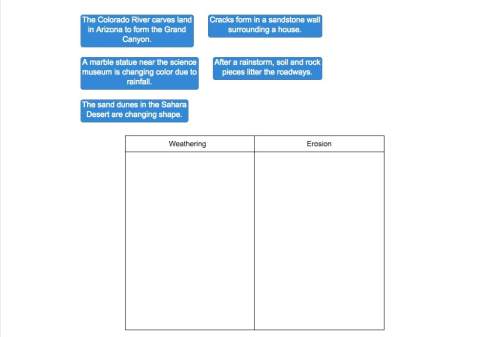
Biology, 16.09.2019 23:50 debbievines8592
The rate r at which a disease spreads in a population of size p is jointly proportional to the number x of infected people and the number p − x who are not infected. an infection erupts in a small town with population p = 8000. (a) write an equation that expresses r as a function of x. (use k for the constant of proportionality and p for the population.) r=kx(p−x) (b) compare the rate of spread of this infection when 90 people are infected to the rate of spread when 900 people are infected. which rate is larger? by what factor? (round your answer to one decimal place.)

Answers: 1


Another question on Biology

Biology, 22.06.2019 05:30
Can bacteria reproduce in a way such that when you start out with two bacteria, you get five bacteria? why or why not? * a. yes, because bacteria reproduce sexually, and can produce any number of offspring, just as humans do. b. no, because bacteria grow at an exponential rate. c. no, because when bacteria reproduce, they split into two parts, and two bacteria splitting would result in four bacteria.
Answers: 1

Biology, 22.06.2019 10:00
Which step is not included in the step approach to calculating the greatest common divisor?
Answers: 3

Biology, 22.06.2019 11:30
2. cheryl hears a new song on the radio every day during the week on her commute to work. surprisingly, when the song comes on at a party on saturday night, she knows most of the words without trying. describe the three ways that we use cognition to learn without reinforcement. which type of cognitive learning without reinforcement best explains how cheryl knew the song lyrics? explain your answer.
Answers: 1

Biology, 22.06.2019 12:30
Which anatomical plane is the only one that could not show both the sternal region and vertebral region
Answers: 1
You know the right answer?
The rate r at which a disease spreads in a population of size p is jointly proportional to the numbe...
Questions


Mathematics, 13.01.2021 16:50

History, 13.01.2021 16:50

World Languages, 13.01.2021 16:50

History, 13.01.2021 16:50

English, 13.01.2021 16:50

Biology, 13.01.2021 16:50



Physics, 13.01.2021 17:00

Physics, 13.01.2021 17:00


Chemistry, 13.01.2021 17:00

English, 13.01.2021 17:00

History, 13.01.2021 17:00

Social Studies, 13.01.2021 17:00

Arts, 13.01.2021 17:00


Mathematics, 13.01.2021 17:00




